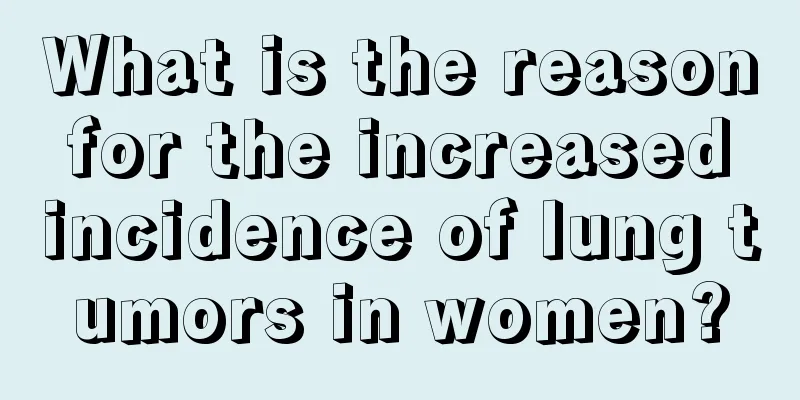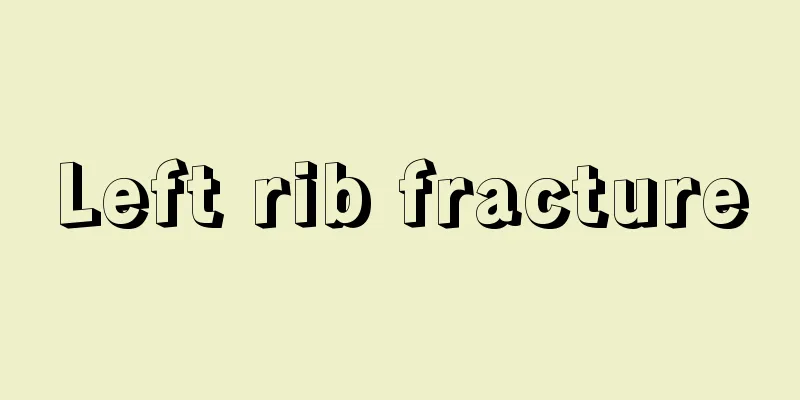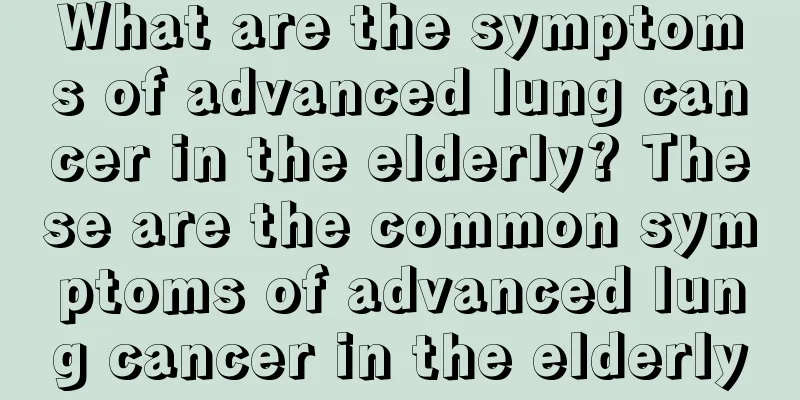Why does my heart feel like it’s being pricked by needles?

|
Heart problems have always been a major disease factor that affects people's healthy lives, because heart disease is very harmful and has a great impact. It can cause patients' lives to be in danger, and it has a great impact on patients' pace of life and physical condition. For example, many patients with heart problems will experience a feeling of being pricked by needles in the heart. Let’s take a look at what happens when the heart feels like it’s being pricked by needles. I hope everyone can understand. 1. Heart pain may be caused by cervical spondylosis and chest pain It is a manifestation of chest pain caused by cervical bone hyperplasia or cervical disc herniation, which compresses the cervical nerve roots. The pain is generally intermittent stabbing or dull pain, sometimes similar to angina pectoris, and is often accompanied by symptoms such as numbness of the limbs. 2. Heart pain may be caused by chest wall muscle spasm It is often caused by chest wall muscle fatigue and spasm due to prolonged incorrect posture, bending over, leaning on a table, local cold, etc. The main feature is local tenderness, which can be aggravated by deep breathing or changes in body position. It is common for computer workers to suffer from chest pain due to incorrect posture. 3. Heart pain may indicate cardiovascular dysfunction It is functional chest pain, mainly manifested as chest pain, chest tightness, paresthesia, etc. Chest pain is mostly short-term stabbing pain (a few seconds), but can also be persistent dull pain. Physical activity may not cause or aggravate chest pain, but it often occurs when you are mentally tired or resting. Considering your chest pain, the possibility of angina pectoris caused by coronary heart disease is low. You should consider the possibility of chest pain caused by cervical spondylosis, chest wall muscle spasm, or functional chest pain. The heart muscle cannot get enough blood and oxygen, and too much waste product can build up and cause spasm. Angina pectoris is a feeling of tightness or pressure in the chest caused by the myocardium not getting enough blood supply. However, the type and degree of this pain or discomfort varies greatly between individuals. The above is an explanation of what happens when the heart feels like it is being pricked by needles. Generally speaking, heart problems have a great impact on people. Therefore, if heart disease occurs, it must be dealt with and resolved in a timely manner. |
<<: What are the recipes for ginger spot removal methods
>>: What symptoms can artificial hearts treat?
Recommend
What is the probability of inheriting nasopharyngeal cancer?
For some diseases, people are always very entangl...
What is the cause of thyroid malignant cancer?
What is the cause of thyroid malignant cancer? Co...
Cervical cancer patients should not underestimate dietary care
Cervical cancer is very harmful and can endanger ...
What causes Qi deficiency
Qi deficiency is a term in Traditional Chinese Me...
Which fumigation drugs can treat hemorrhoids
Hemorrhoids are a very common anorectal disease n...
What bra is good for breast enlargement
Many people's breasts are not centered and wi...
What does it feel like when the left ovary ovulates?
The ovaries play an important role in female repr...
How long can fresh peanuts be kept frozen?
Peanuts are a common food ingredient in our lives...
How to take care of lung cancer? 3 nursing methods for lung cancer patients
The occurrence of lung cancer is mainly due to so...
Early symptoms of nasopharyngeal carcinoma
Nasopharyngeal carcinoma is a common malignant tu...
Insomnia symptoms
Insomnia is a condition that many people have. Wh...
Current status of surgical treatment of thyroid cancer
When it comes to thyroid cancer, many people may ...
What are the nursing common sense for patients with advanced lung cancer? 7 nursing common sense tips for advanced lung cancer
Lung cancer is a terrible disease with a high inc...
Chemotherapy nursing rounds for renal cancer
Chemotherapy nursing rounds for renal cancer: ren...
The reason why I always feel hungry
Hunger is a common symptom. Generally, if we have...









